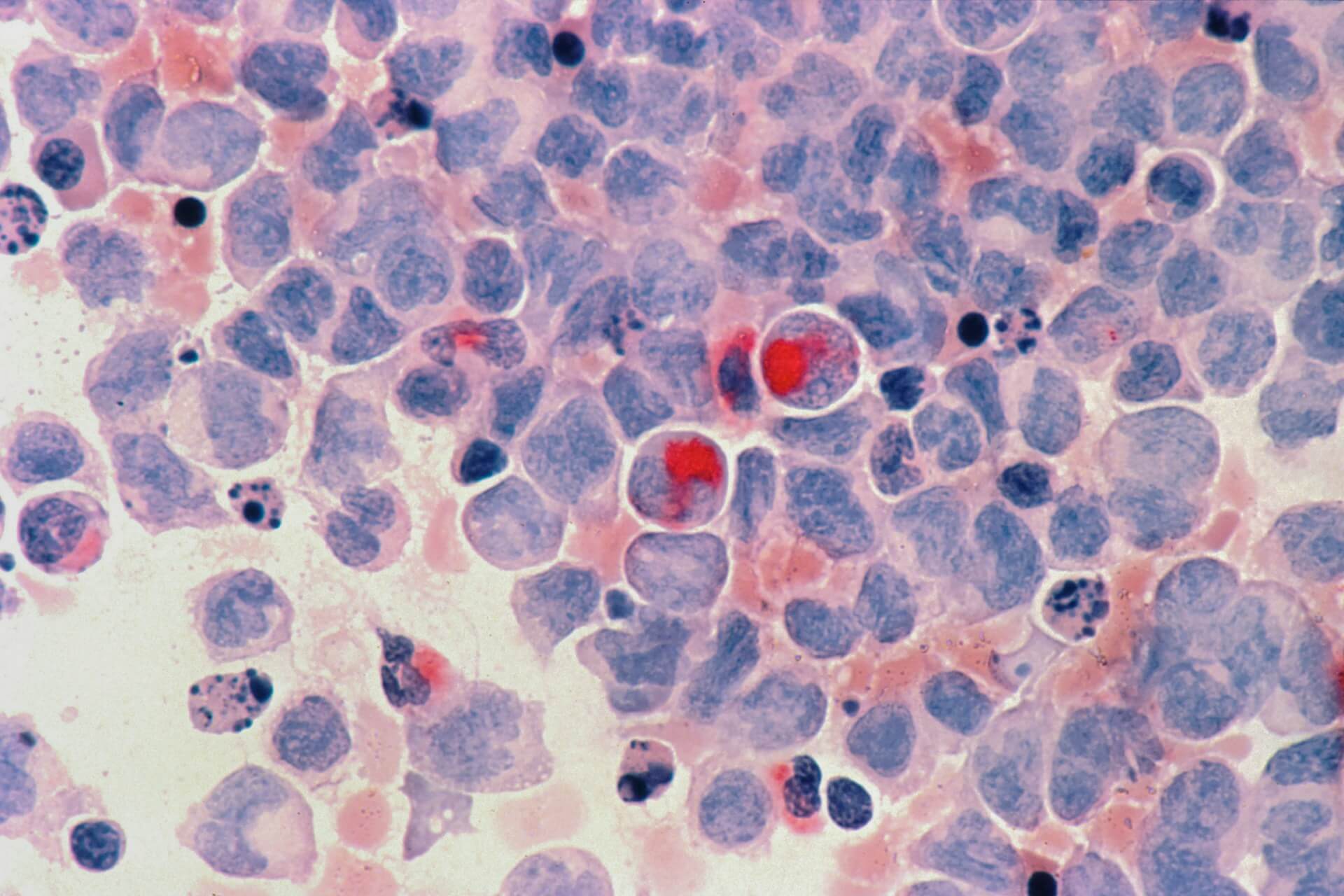On July 17, 2014 Malaysia Airlines Flight 17 (MH17) from Amsterdam to Kuala Lumpur was shot down with a (reportedly) BUK surface-to-air missile system in the conflict zone of the ongoing Donbass insurgency, killing 298 people on board. This is the world’s deadliest aviation incident since 9/11. Immediately after the information supplemented with gruesome photos from the crime scene reached the media, politicians got engaged in the intricate game of finger pointing and making mutual accusations.
Apart from major political players, we have three figures facing each other with triggered guns and blaming each other: Ukraine, Russia and Donbass People’s Militia. The tension within this triangle reminds of the famous movie scene. The key question are: who is actually responsible for this tragedy and who will be held responsible for the crime committed? Let’s have a look at each party’s legal position in our attempt to answer these questions.
Donbass People’s Militia (DPM)
Pro-Russia separatists group denied any responsibility for downing the Malaysia Airlines Flight MH17 on Thursday. Ukrainian President Petro Poroshenko alleged that the plane was shot down by paramilitary group similarly to other two Ukrainian (An-26 and SU-25) planes and labeled incident as a terrorist act which “is no different from 9/11 or the Lockerbie Bombing”. Ukraine’s security service published an intercepted telephone conversations between Russian military intelligence officers and their armed proxies concerning delivery of an anti-aircraft missile system from Russia, which further infer Russian contribution to the downing of the MH 17.
Subsequently, President Barack Obama said that the surface-to-air missile which hit the plane was fired from the area of Ukraine controlled by Russian-backed separatists. And while all international institutions insisted on cooperation while conducting an effective investigation, a unit of heavily armed rebels blocked the OSCE members from gaining access to part of site of crash to collect evidence. Russian officials were mainly accusing Ukrainian government, though they have never objected the responsibility of the separatists’ group. The more evidence collected, the more apparent it becomes that DPM members were launching the strike (different speculations exist as to the purpose of such act, most likely they mistakenly targeted international flight instead of Ukrainian commercial jet).
Before the results of the investigation are released (and for the purpose of this post) let’s assume that DPM members attacked (or erroneously) hit the plane. DMP is an armed group operating in the conflict zone on the border between two states. Ukraine does not control this territory and is currently in the state of armed conflict with this group, what makes Ukraine practically incapable of bringing DMP members to justice. Russia largely supports belligerents through weapon supplies and intelligence services, but officially denies any ties with a group (except, maybe, ideological ones). Moreover, several sources testify that Russia is loosing it’s control over the armed group. Thus, Russia is a state either unwilling or claiming to be “irrelevant” in terms of obligation to apprehend persons allegedly guilty in operating the strike. Moreover, even if requested to cooperate during the process of investigation, judging from latest experience Russia is very unlikely to efficiently commit: Ukrainian ex-president with the gang of ex-high-state-officials facing numerous criminal charges in Ukraine found save haven in Russian Rostov-on-Don. Thus, neither of two states is currently able (or willing) to identify and bring to trial DMP members who could have launched the strike.
The matter of a due compensation is similarly complex, but is likely to turn to a real battlefield. The criminal investigation in this case is already opened and is actively supported by the number of states (Britain suggested a United Nations-led probe, the UK Air Accidents Investigation Branch (AAIB) and Dutch National Forensic Investigation Team (LTFO) and Russian-ledICAO experts are already engaged in the investigation procedure), while the burden of paying compensation is to be borne by one state. Here we return again to the perennial problem of what to do with the non-state actors’ responsibility. Roughly speaking, there are no rules of international law directly and clearly regulating the scope of obligations resting upon non-state actors and establishing margins of their responsibility. This situation turns dispute into the question of either attribution of DMP members’ actions to particular state or failure of a state to comply with undertaken positive obligations in order to prevent threat to live of individuals.
Russia
President Vladimir Putin in his public statement on MH17 plane crash claimed that Ukraine is fully responsible for the downing of the plane, explaining that the tragedy would not have happened if Ukrainian authorities had not resumed a military campaign against DPM. A spokesman for the Russian president Dmitry Peskov called allegations that Russia had been involved in the downing of MH17 “stupidity“. At a meeting with advisers Putin said: “certainly the state over whose territory this happened bears responsibility for this terrible tragedy.” Thus, basically Russia claims general rule of territorial jurisdiction should apply and Ukraine should bear responsibility since state failed to ensure safety and security for international citizens trespassing its territory (through feasible precautions, establishing no-fly zone etc.). In short, Russia’s position is lavabo manus.
Ukraine
Despite the large support of international community and having strong allies like the US, shifting responsibility across the border is going to be an extremely challenging task for Ukraine. It is likely that Kiev authorities would respond to Russian claims with a redress to Russian extraterritorial jurisdiction.
Recent developments in international law and a number of high profile cases suggest that state exercises its authority extraterritorially (1) over state agents under direct control of this state, (2) if such state has an effective control over an area (military presence and/or local administration), (3) in espace juridique, the occupied territory with a purpose to avoid a ‘vacuum’ of human rights protection.
The first option is a questionable strategy for Ukraine since the threshold of proof is very high: e.g. in Nicaragua case the International Court of Justice found that the ‘training, arming, equipping, financing, supplying or otherwise encouraging, supporting and aiding’ the contra forces by the US was not sufficient to attribute the actions performed by the contras to the US. Although, Russia similarly suggests the wide spectrum of assistance for Donbass belligerents, one can hardly state that DMP member do not have their own agenda independent from Russian interests, especially in the light of the latest separatists’ tendency to distance them from the Kremlin. Thus, a more convenient way to rebut Russian accusation is collecting sufficient evidence of the presence of Russian militia in the Donbass region and their command and control over the region, collecting intelligence information about subordination and control among DMP belligerents (e.g., who makes final decision on launching strikes).
Conclusion
Responsibility issue in the MH17 tragedy is extremely complex especially in the light of latest ICRC confidential legal assessment that Ukraine is officially in a war (and possible subsequent classification of MH17 attack as a war crime). Among all the political players engaged in this, Ukrainian position is the most disadvantageous since Kiev authorities have to base their legal position on the two highly controversial concepts (“state-sponsored terrorism” and extraterritorial jurisdiction in conditions of foreign occupation). However, dynamic political landscape can drastically change this sad perspective as it happened in the case of Lockerbie bombing when Gaddafi was forced to accept responsibility and pay compensation to the families of the victims under the pressure of UN & US economic sanctions.
I want to express my deepest condolences to the loved and relatives of the ones who died in MH 17 crash.
Застереження
The author doesn`t work for, consult to, own shares in or receive funding from any company or organization that would benefit from this article, and have no relevant affiliations



